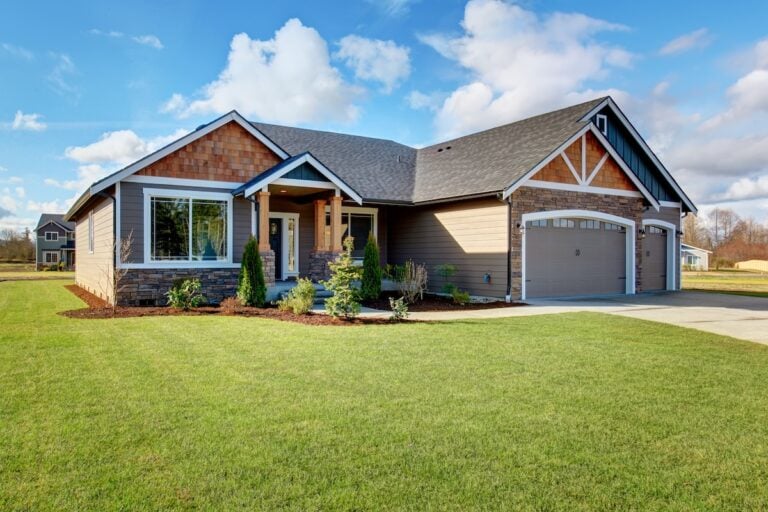
6 Min Read

We get it – your roof is a crucial part of your house, and you want to make sure it’s protected. That’s where roof warranties come into play. But what exactly is covered in a roof warranty, and how can you ensure your investment is safeguarded? In this homeowner’s guide, we’ll break down the ins and outs of roof warranties, so grab a comfy seat and let’s dive in!
Inside this blog:

Now, let’s break down what is commonly covered in a standard roof warranty:

When choosing a roof warranty, it’s important to understand the options available to ensure you select the one that best fits your needs.
This warranty focuses exclusively on the quality of the roofing materials used. Typically offered by the material manufacturer, it guarantees that the materials will perform as expected under normal conditions for a specific period, usually between 10 to 50 years. However, it’s important to note that this warranty only covers defects in the materials themselves—such as shingles that prematurely crack or deteriorate—and does not include issues related to improper installation. If a roofing problem arises due to installation errors, this warranty will not apply. Homeowners should carefully review the terms and conditions to understand what is covered and ensure they meet any maintenance requirements.
This warranty is provided by the contractor who installs your roof and covers any mistakes or errors made during the installation process. Workmanship warranties protect homeowners from problems like leaks, improper sealing, or other issues caused by poor craftsmanship. Depending on the contractor, the coverage period can range from 1 to 10 years, which means you’ll want to choose a roofing professional who stands behind their work. Some contractors may include additional perks, like inspections or minor repair services, during the warranty period. Always verify the specific terms with your contractor to ensure you understand what is covered and for how long.
A full system warranty is a comprehensive option that combines the benefits of both material and workmanship warranties. It covers the roofing materials as well as any installation-related issues, offering complete protection for your investment. This warranty often extends to additional system components like flashing, underlayment, and ventilation, ensuring that every part of your roof is safeguarded. While this type of warranty provides significant peace of mind, it usually comes at a higher cost. Homeowners who value long-term protection and reduced risk may find the full system warranty to be a worthwhile investment.
The extended manufacturer’s warranty goes beyond the standard material warranty by offering longer coverage periods and fewer exclusions. However, this type of warranty often requires that the roof be installed by a certified or approved contractor to ensure quality standards are met. In addition to the extended coverage, these warranties may include benefits like transferable ownership, which can be appealing if you plan to sell your home. While the upfront cost is typically higher, the extended manufacturer’s warranty provides added reassurance that your roofing materials will stand the test of time, especially in challenging weather conditions.
The no-dollar-limit warranty is the most comprehensive and premium option available. It covers all costs associated with repairs or replacements, regardless of the issue or expense. Unlike other warranties that may include caps or limitations on coverage, the NDL warranty ensures that any qualifying problem is fully addressed without additional out-of-pocket costs for the homeowner. While primarily designed for commercial roofing systems, homeowners seeking the highest level of protection can also opt for this warranty. Choosing an NDL warranty often involves a higher upfront investment, but it offers unparalleled security and confidence in the long-term performance of your roof.

While roof warranties offer valuable protection, it’s equally essential to understand what might not be covered:
In a nutshell, a roof warranty is your safety net for one of the most critical parts of your home. Understanding what is covered in a roof warranty and being proactive with maintenance can help you get the most out of this valuable protection. So, whether you’re getting a new roof or currently have one, take the time to review your warranty and ensure your investment is safeguarded.
Contact our expert contractors at Kingfisher Roofing for top-notch customer services and dedicated workmanship. We’ll make sure your home or business is protected with a beautiful and resilient roof!